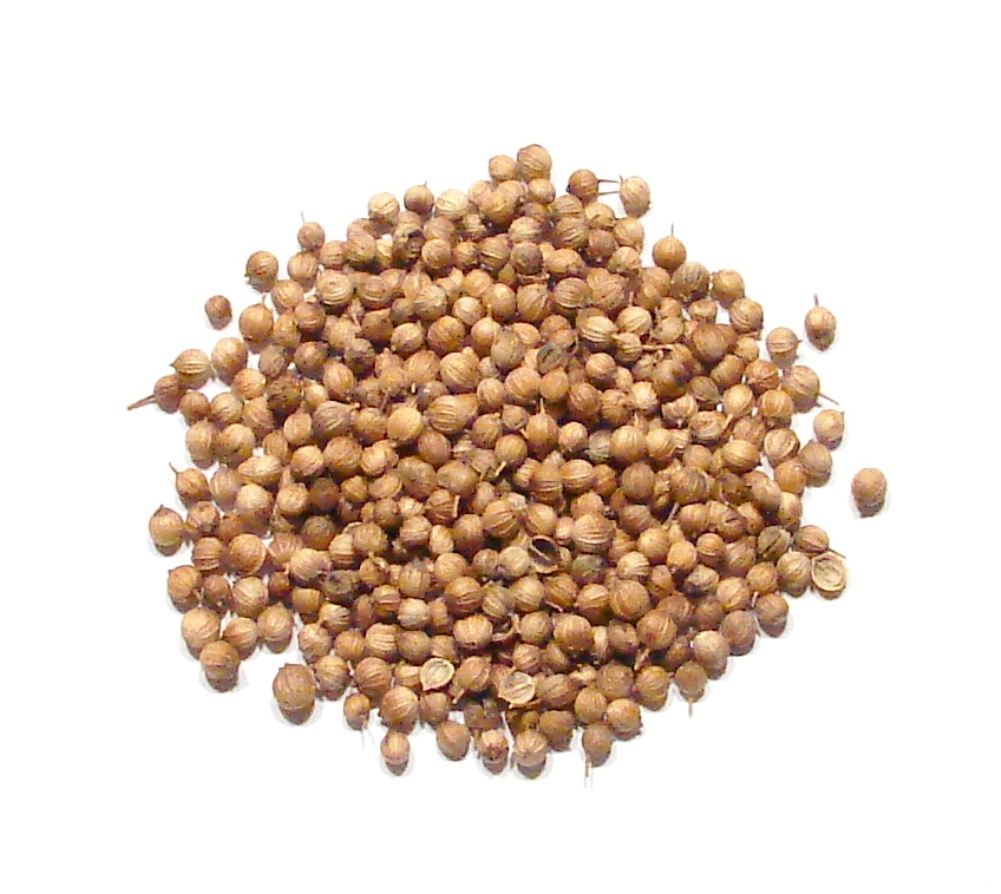
Health Benefits:
Aids in digestion
Anti viral qualities
Diuretic
Helps prevent night blindness
Increases Sex Hormones & Orgasm
Protects skin from UV rays
Reduces risk of cervical cancer
Relieves PMS
Nutrition:
Serving size: 1 tsp; Calories: 5; Fat: .3g; Cholesterol: 0mg; Sodium: 1mg; Carbs: 1g; Sugars: 0g; Protein: .2g; Potassium: 0%DV; Vitamin A: 0%DV; Vitamin C: 0%DV; Calcium: 1%DV; Iron: 1%DV
Did You Know?
- Never heard of coriander? How about cilantro? They're the same thing!
- Coriander is believed to be one of the most ancient herbs, referenced as far back as 1,550 BCE.
- Regular intake of coriander can serve as protection against many food and water-borne diseases like cholera, typhoid, food poisoning, and dysentery.
- Antioxidants in Coriander can reduce redness, itchiness, and inflammation of the eyes, making it one of the best remedies for pink eye.
Ways to Eat:
- With lentils
- With beans
- With potatos
- In stews
- As garnish
Farming Trivia:
- Coriander is native to the eastern Mediterranean region and thrives in temperate climates.
- It has been cultivated in Greece since at least the second milenium BCE.
- Coriander was brought to the colonies in 1670; it was one of the first spices cultivated by early settlers!
Note: Always consult a physician for any specific health questions and concerns. Some of this information may be subject to change should there be any new findings from Federal Health Administration (FHA), Food & Drug Administration (FDA), American Medical Association (AMA), American Cancer Society (ACS), and / or other leading food, nutrition and medical advisors.

